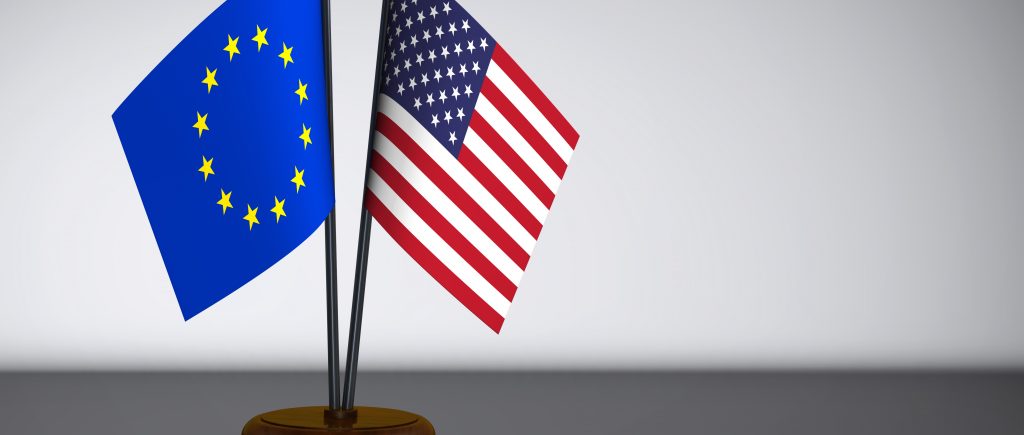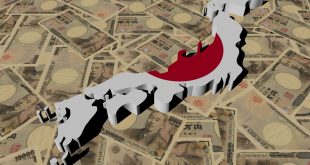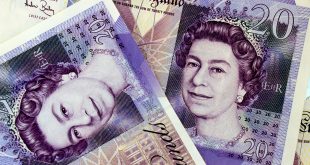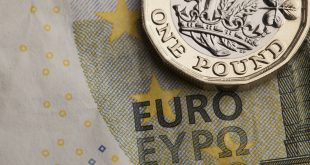Wall Street Rebounds on Trade Optimism
Global stock markets, led by U.S. equities, surged on Tuesday, May 27, 2025, fueled by optimism surrounding eased U.S.-EU trade tensions. U.S. President Donald Trump’s decision to extend a 50% tariff reduction on European goods until July 9, 2025, from the prior June 1 deadline, sparked a rally that ended an eight-session losing streak on Wall Street. The recovery was supported by Europe’s persistent diplomatic efforts to advance trade negotiations, countering last week’s threats of heightened tariffs.
Tech Stocks Recover Amid Tariff Threats
The rebound followed a bruising period for U.S. stocks, particularly the “Magnificent Seven” tech giants, driven by Trump’s Friday announcement of a potential 25% tariff on iPhones manufactured outside the U.S. Trump reiterated his push for domestic production, stating he had long urged Apple CEO Tim Cook to manufacture iPhones in the U.S., warning that failure to comply would incur significant tariffs. These remarks, coupled with a proposed 50% tariff on EU imports, had initially rattled markets, with Trump noting on social media that trade talks were stalled.
European Diplomacy Gains Traction
European officials intensified efforts to de-escalate tensions over the weekend. German Economy Minister Katharina Reitsch, speaking at a conference in Heilbronn on Monday, advocated for calm and continued dialogue to find a “common path” with the U.S. European Commission President Ursula von der Leyen initiated direct communications with Trump, while EU Trade Commissioner Maros Sefcovic was expected to engage with U.S. Trade Representative Howard Lutnick. These moves underscored Europe’s commitment to averting a full-blown trade conflict.
Euro’s Global Role in Focus
Amid these developments, European Central Bank President Christine Lagarde highlighted the potential for U.S. trade policies to elevate the euro’s international stature. Speaking on Monday, Lagarde noted that protectionist measures and U.S. dollar instability could undermine European growth, given the region’s export reliance. She emphasized that the euro, currently the world’s second-largest reserve currency with a 20% share compared to the dollar’s 58%, could gain prominence by reducing exchange rate risks, lowering borrowing costs, and shielding Europe from sanctions. However, Lagarde cautioned that achieving this would require geopolitical credibility, robust economic growth, strong financial markets, and institutional trust, underpinned by the ECB’s independence and political unity.

 Noor Trends News, Technical Analysis, Educational Tools and Recommendations
Noor Trends News, Technical Analysis, Educational Tools and Recommendations




